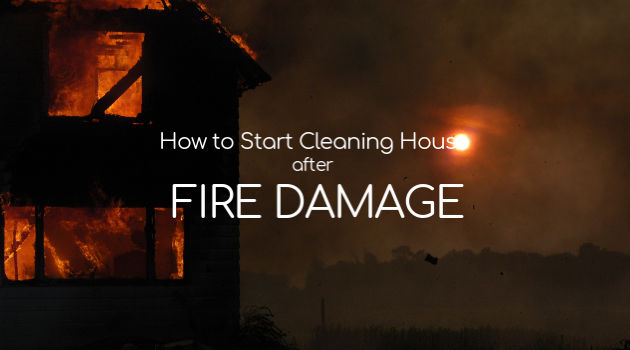Fire is an uncertain incident; you are never prepared enough for it. Whatever safety you take or put would preserve the spreading of fire, but the damage would still occur. A fire damage restoration service would help you clean the crack and repeatedly build the walls as the fire does not burn down the walls. It slowly tears down the efforts it took to make it in the first place. Eventually, it affects the mental health of the people associated with the property. It is essential to have safeguards with such uncertain accidents and all the necessary knowledge and guidelines to move forward.
Once the fire starts, the first instinct would be throwing water, and if it accelerates regardless, the homeowner will then call firefighters to handle the situation.
After the event, a fire restoration services company would take care of the things. The smoke damage causes side effects on the external and internal factors of the property. It may not be visible, but the smoke’s tiny particles can enter your lungs, making it difficult to breathe or causing more severe issues.
Here is a list of tips to keep yourself and your loved ones safe after a house fire
What happens after the house? We take a look.
1 – First entry after the house fire
Once the fire is down, take the permission before walking down directly into the house. Try consulting the expertise and be sure it is safe and acceptable to enter the prohibited area. Preferably cover your skin with clothes and your face with a mask. If there is a possibility of damage, it will affect you directly. The mask would save you from inhaling any gas or smoke that would later create issues for you.
2 – Check for structural damage from the outside
A possibility fire would have disrupted the architecture of the house’s foundation with the spread of fire. Go around the house to check if there is any leakage or a damaged wall that would tumble the house’s roof. Do not try to push a door or anything that is stuck because it saves the house from more destruction.
Do not enter the interior of the home until first responders or other professionals give you the go-ahead.
3 – Let the professionals look for internal damage
Call for the plumber and electrician to go through the house from inside to ensure it is safe to operate and function the house’s appliances. Please walk with rubber footwear to avoid any accident as it would save you from getting electrified. There is a possibility of broken windows and walls, which the firefighter would have done to get into the house. Be careful when you step-in and go further.
4 – Keep alert to other unforeseen dangers
Once you can enter the structure after the house fire, stay alert!
Apart from all the precautions taken care of, many other possibilities could take place. The house may be smoky and soggy due to the use of water. It could also create sagging into the ceiling. The abandoned house also becomes a home to many unwanted reptiles, snakes, and spiders, dangerous and poisonous.
Avoid using a lighter or candle before entering the house. Use a flashlight as it would not increase the damage.
5 – Gather documentation
Make sure you record the damage and photograph for proceeding successfully with the insurance company. Retrieve the essential documents and in-hand cash as soon as you could claim it. Contact your insurance company and start with the process as it would help you financially and support you to overcome the loss.
 6 – Other things to know after a house fire
6 – Other things to know after a house fire
Firefighters probably doused your structure, so you may encounter water damage.
Make sure the locks and hinges of the doors are cleaned with oil. Open the windows for ventilation and to dry out the home.
The Bottom Line: Proceed with caution after a house fire
Nothing can give you the peace for the loss caused due to fire. It is advisable to be aware and prudent for the worst. It would make you wise in the situation rather than panic.
And most of all, take care of yourself and your family as you recover from the shock of the house fire.
- Are Geraniums Annual or Perennial? - 09/21/2024
- DIY Home & Garden: Featured on ApartmentGuide - 09/21/2024
- Bacon: Creative Uses That Go Beyond the Breakfast Table - 09/08/2024



